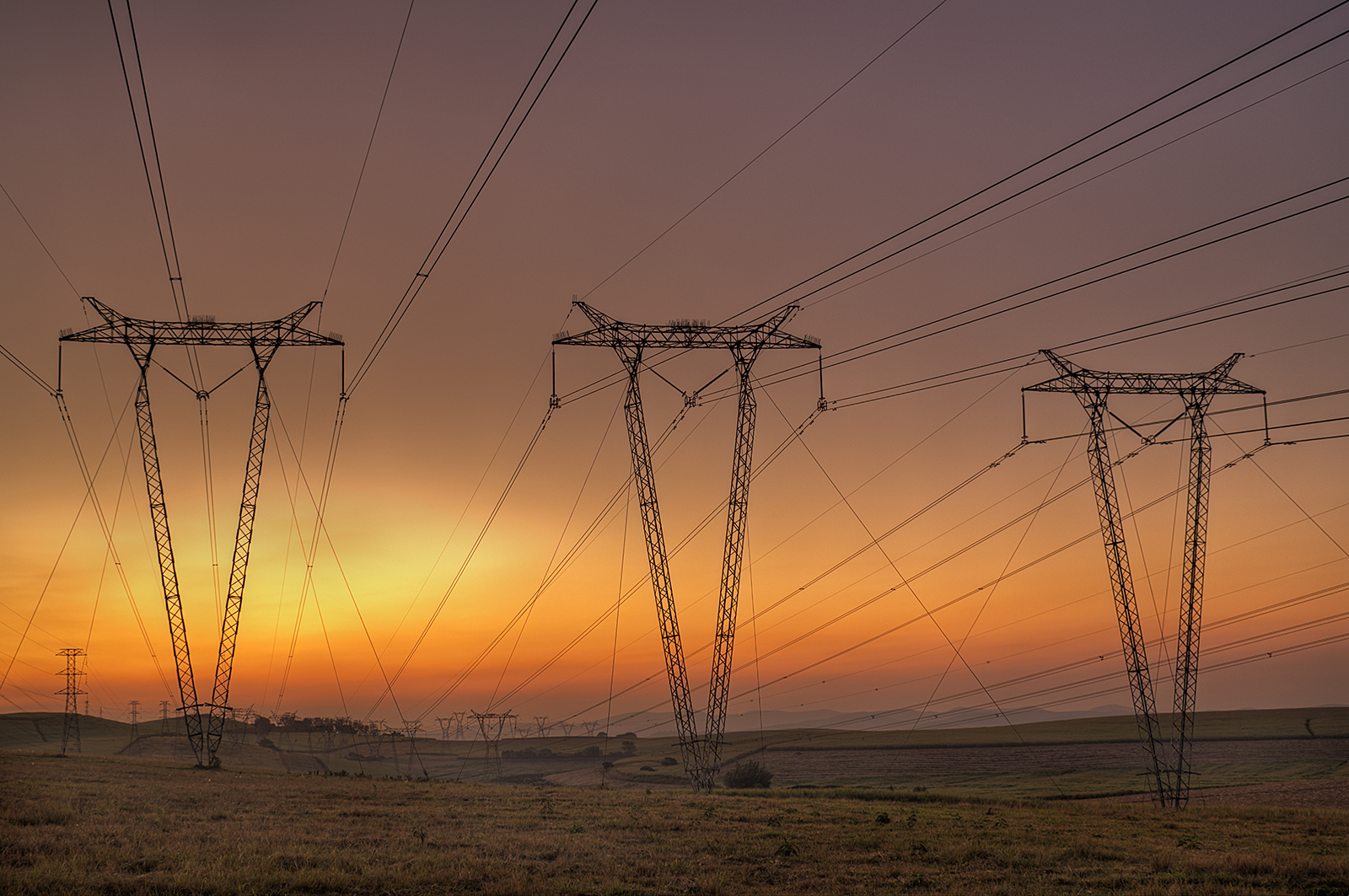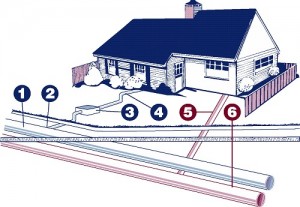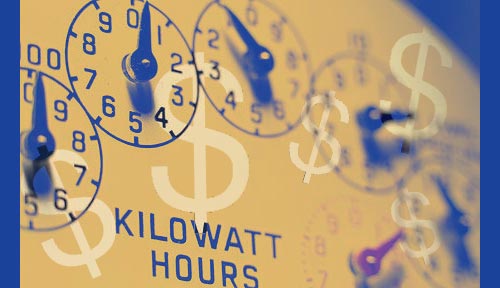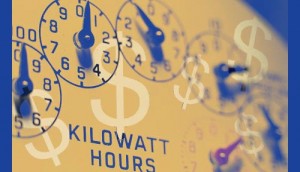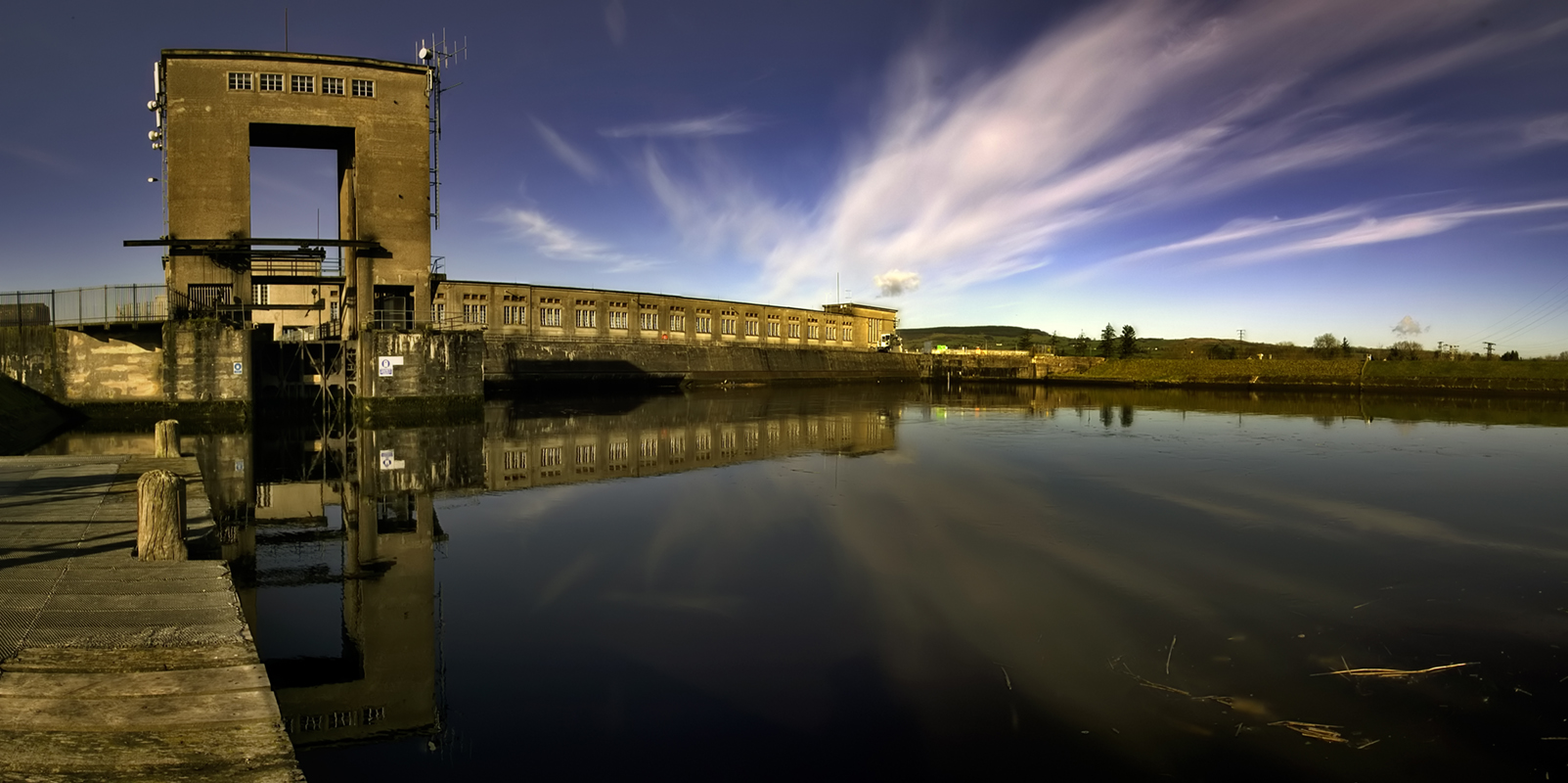Written by David Tucker
David Tucker is a Project Director for the Environmental Finance Center.
In our work with the Smart Management for Small Water Systems project and other programs, the Environmental Finance Center has seen initiatives by drinking water and wastewater systems around the country take advantage of renewable energy options to help reduce their energy and power costs, often through some kind of third-party financing arrangement, such as a power purchase agreement (PPA). For example, here in our home state of North Carolina, the City of Raleigh leases land to a private solar developer who installed a 250 kilowatt (kW) solar photovoltaic (PV) array at the City’s E.M. Johnson Water Treatment Plant a few years ago, and the developer sells the electricity to the local power utility. Solar power examples such as these are becoming more common at water utilities, but you may not have heard yet about the opportunities for micro-hydro power for water utilities, another potential source of clean, “green,” renewable energy, as well as additional revenue generating opportunities. Continue reading

